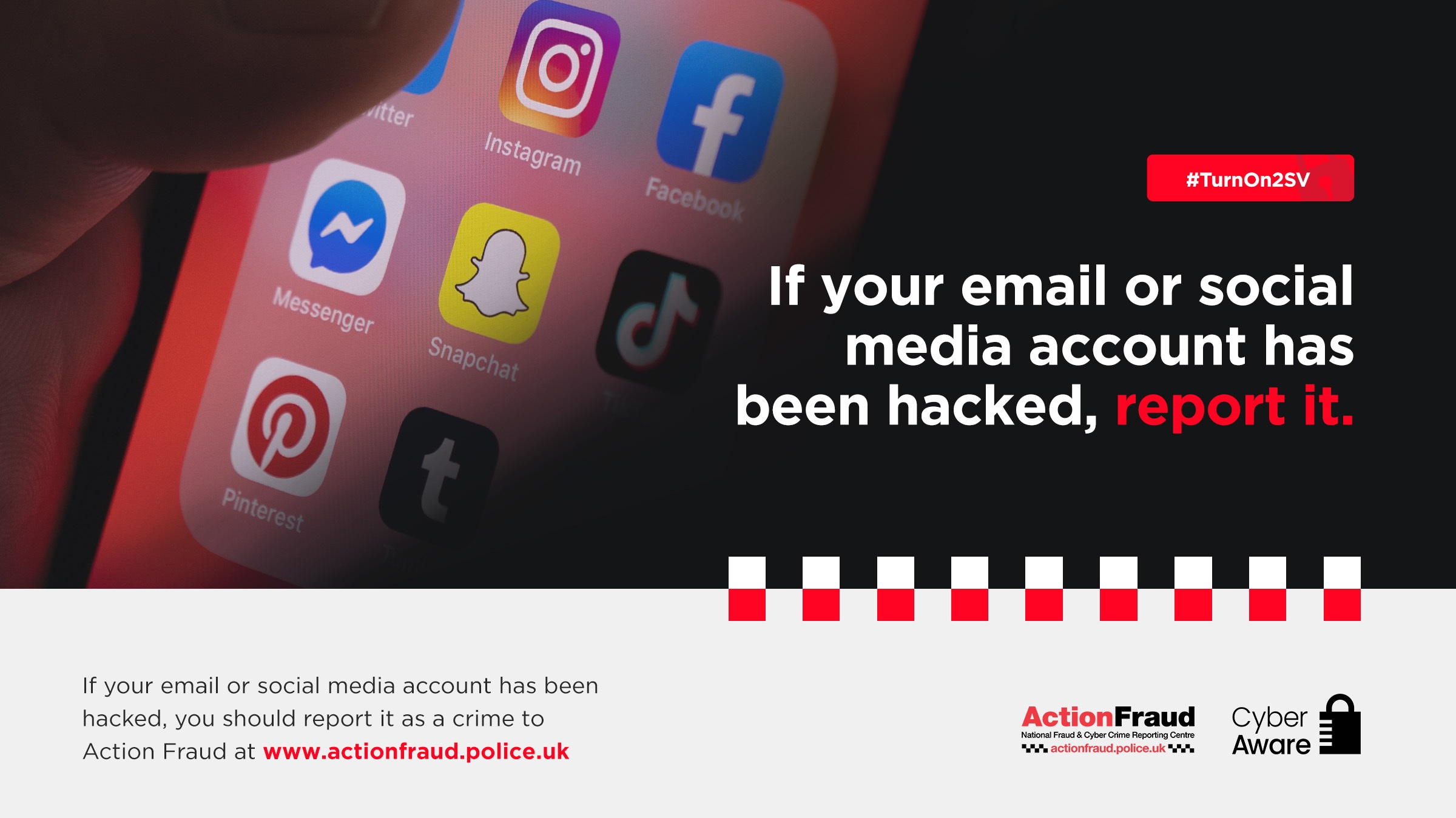Pay Your Way has released some security tips and advice for online banking, after its research revealed a widespread new phobia of the latest payment methods.

Pay Your Way’s research revealed peoples fear of using the latest ways to pay, such as mobile phone banking and contactless cards, because of concerns around security.
The research also showed that one in seven people surveyed felt their life was being held back by their fear of technology, with one in ten actively avoiding internet banking due to their fears.
Banks take many measures to ensure that online banking is safe and secure. These include making sure their websites are encrypted, having timed log outs, deactivation of your login details if a number of incorrect attempts are made, and many authentication processes.
Pay Your Way’s Top Ten tips for safe online banking
- Keep your computer up-to-date with antivirus software, operating system patches, firewalls etc and ensure your browser is set to the highest level of security.
- Be wary of unsolicited emails or phone calls asking you for PINs or passwords – your bank or the police would never ask for these in full.
- Always type your bank’s address into your web browser – never follow a link in an email and then enter personal details.
- A locked padlock or unbroken key symbol should always appear in your browser window when banking online. The ‘http’ at the beginning of the website address will change to ‘https’ when a secure connection is made.
- When making a payment, always double check that you have entered the correct account number and sort code.
- Never leave your computer unattended when logged in and log off as soon as you’re finished, especially on any public computer.
- Check your statements regularly – if you notice anything strange, contact your bank immediately.
- Be wary of any unexpected or suspicious looking ‘pop-up’ windows that appear during your online banking session.
- Stop and think about the process you normally go through to make a payment to someone – be suspicious if it differs from the last time you used it.
- Fraudsters sometimes try to trick people into making a real payment by claiming “it’s just a test”.
The Payments Council has created a guide to safe online banking and new ways to pay to reassure people with security fears about the safety of these payment methods and offer guidance on how to be as secure as possible.
For further information visit the Pay Your Way website.
Please note that Action Fraud is not responsible for the content of external websites.
To report a fraud and receive a police crime reference number, call Action Fraud on 0300 123 2040 or use our online fraud reporting tool.



